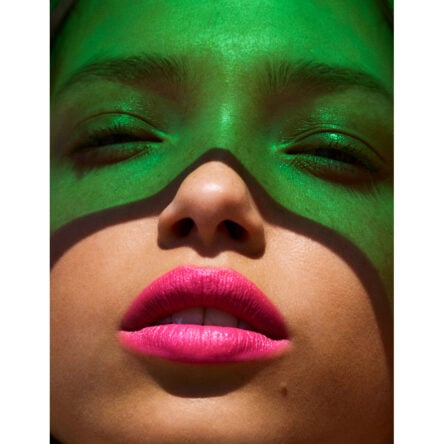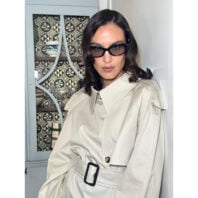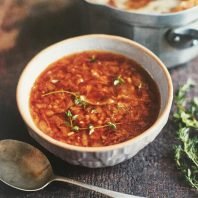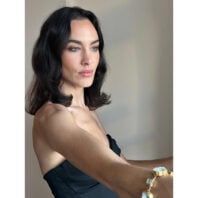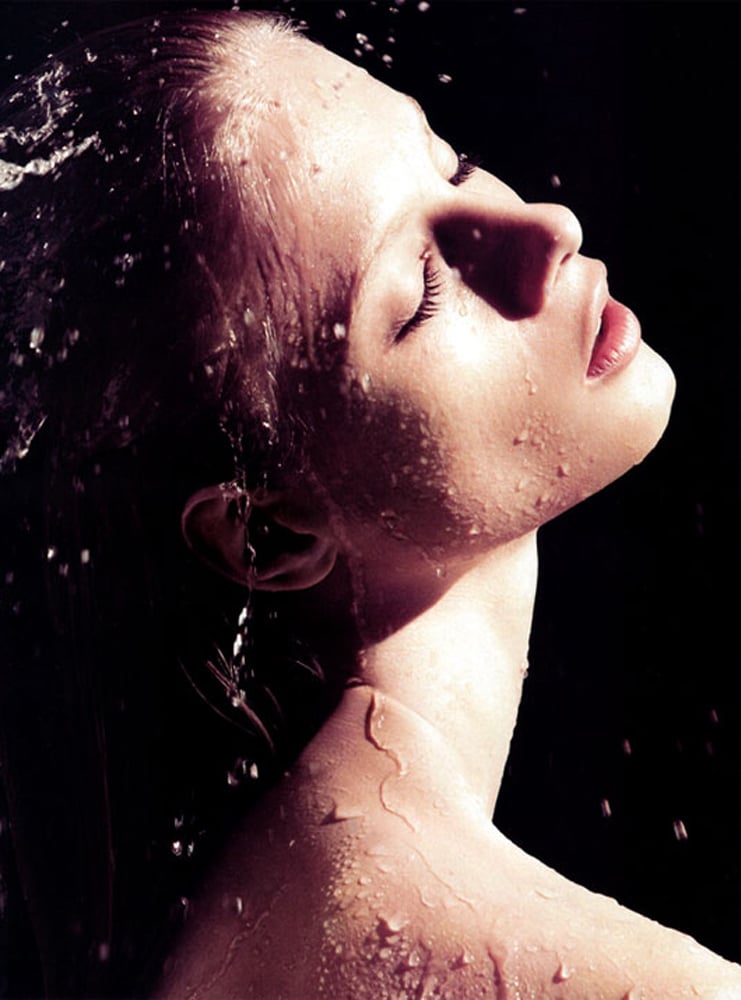
How many times have you read that a moisturiser is high in hyaluronic acid, or that a new product is paraben-free? Dozens, right? But do you really know what these terms mean? To help you get to grips with the products you’re using, I thought I’d start a skincare glossary, rounding up some of these key terms to help you better understand what you’re buying.
Skincare Glossary: Key Terms
Acid
The word acid is something that crops up a lot in skincare, and while we used to be scared of the word, we’re used to hearing about them now! Often derived from fruit, acids are hugely useful in exfoliating and brightening skin. They are the alternative to scrubs (and arguably more effective) and work by removing dead skin cells and increasing cell turnover. Try AHAs such as glycolic or lactic acid, BHAs like salicylic or PHAs like polyhydroxy. Details on specific acids will crop up later in the skincare glossary!
Vitamin C
Vitamin C goes beyond a glass of juice to beat a cold, it also has benefits in anti-ageing, working as a collagen booster to help skin look plumper and more luminous. What’s more, it also helps fight free radical damage caused by pollution and reduces inflammation and redness. The skincare versions of vitamin C come in different forms including L-ascorbic acid, sodium ascorbyl phosphate and retinyl ascorbate.
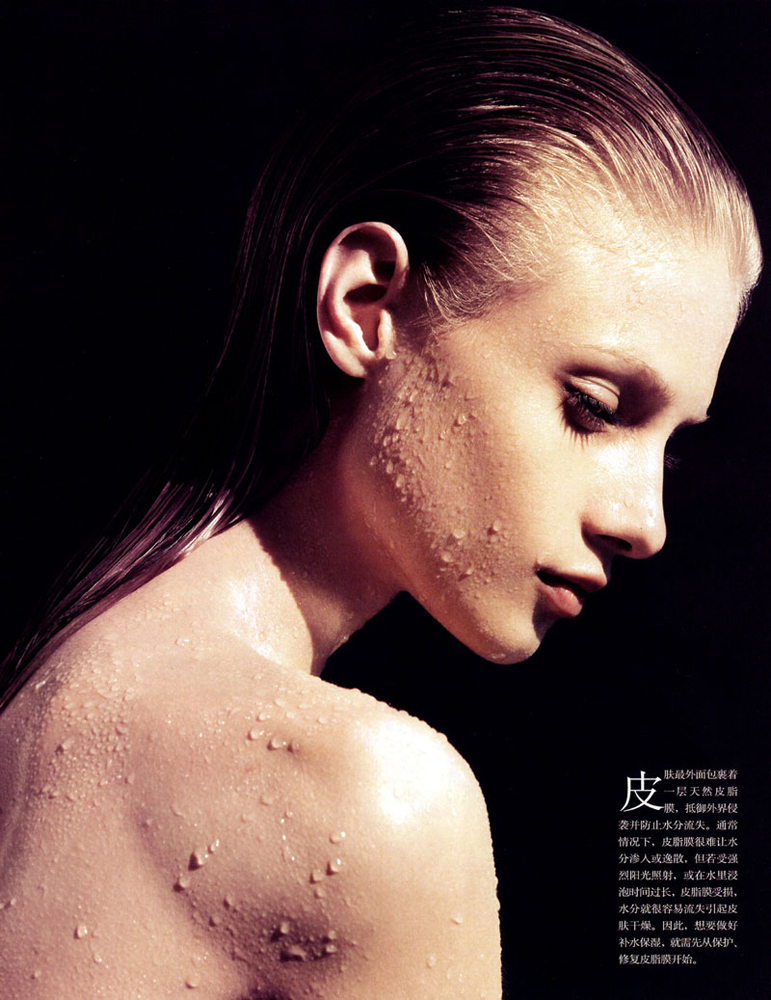
Bakuchiol
Bakuchiol is a natural skincare ingredient derived from seeds and leaves of the babchi plant (psoralea corylifolia plant) from Eastern Asia. It is often billed as the natural, gentle alternative to retinol. It has antioxidant, antibacterial and anti-inflammatory properties and has been clinically proven to stimulate collagen production, minimise the appearance of fine lines and improve skin condition.
Alcohol
Alcohol is often painted as a negative ingredient, thanks to its drying properties, but in actual fact there are good and bad forms. The good ones have high molecular weights, the bad ones low. These bad ones to look out for are ethanol, denatured alcohol, methanol and benzyl alcohol, all of which may cause the dryness and damage often associated with alcohol in skincare.
Silicone
This common skincare and haircare ingredient has something of a bad rep, potentially because they are not naturally derived. The substance is made from silica and gives products that slippery, silky feel that can give skin a smoother texture. It is non-irritating and useful in healing scars. You can read more on silicones here.
Caffeine
You know if from providing you with that morning coffee hit you love, but caffeine is often on the ingredients list for cellulite creams and eye creams. Why? Because it constricts blood vessels to reduce redness and puffiness.
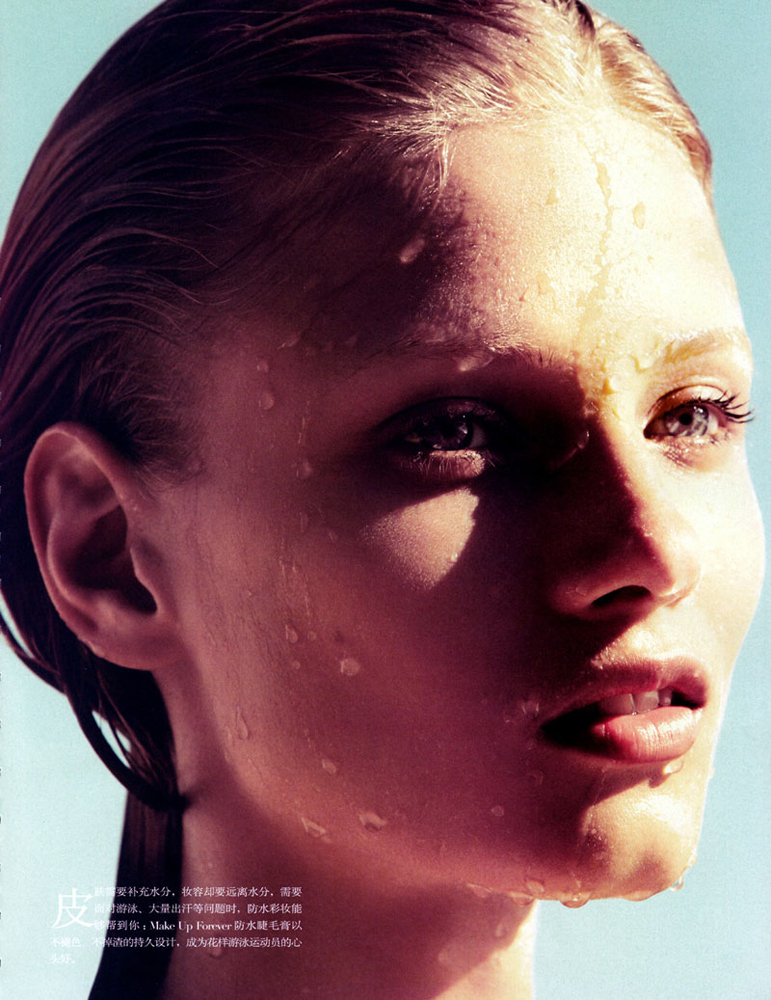
Fragrance
The compounds, whether natural or manmade, used to scent products. While fragrance blends don’t have to be revealed on labels (they are often considered to be trade secrets in perfumes and body products!), when included in skincare products fragrance is the top cause of allergic reactions, which is why ‘sensitive’ products are usually fragrance-free.
Microdermabrasion
One of the most popular exfoliation treatments, microdermabrasion involves the top later of dead skin being removed with a wand that sprays on and then removes with a vacuum super-fine aluminium-oxide crystals. The most modern treatments use a vibrating diamond tip rather than the crystals. This treatment should be performed by a dermatologist.
Omega-3
When it comes to skincare supplements, Omega-3 is the ingredient to know. Found naturally in herring, mackerel, salmon, walnuts, flaxseed and olive oil, Omega-3 fatty acids maintain the function of cell membranes, allowing them to take in nutrients, hold water and dispose of waste. In terms of skin, this makes for smoother, more hydrated skin. Many nutritionists recommend an Omega-3 supplement even if you have a diet rich in seafood and nuts.
Retinol
Retinol (Vitamin A), in skincare terms, is pretty much the most potent anti-ageing ingredient on the market. “Retinol is a derivative of Vitamin A and a proven age-defying skincare ingredient. It helps to speed up cell turnover and, in turn, reveal more youthful looking skin,” says Francesco Clark, founder of Clark’s Botanicals. Retinol skincare products are amongst the most effective for tackling premature ageing and acne. You can read my full guide to Retinol skincare here.
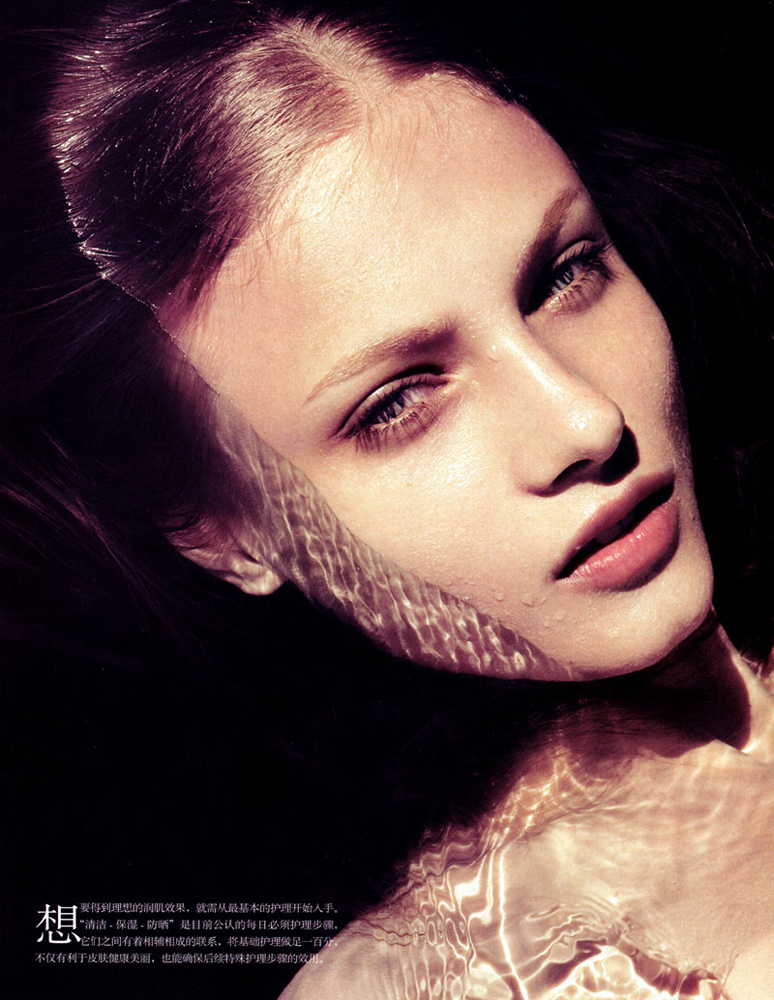
Antioxidant
One of the absolute most popular ingredients in skincare products, an antioxidant is any ingredient that reduces free radical damage to the skin. Factors such as pollution, UV exposure and chemical exposure all cause free radicals to form in the skin. This can kick off a chain reaction that damages and eventually kills cells, leading to ageing and skin damage. Antioxidants neutralise the free radicals and stop the damage – so you can see why they’re so popular! Common antioxidants include Vitamins C & E.
Botox
You know it is one of the most common ways to hit pause on wrinkles, but what is it? Botox is the name given to the botulinum toxin injected into the skin to target facial wrinkles through paralysis of facial muscles. By freezing particular muscles, such as the ones that cause frown lines, wrinkles appear softened or even eliminated.
Collagen
One of the biggest misconceptions in skincare is that collagen is an ingredient of some kind. In actual fact, collagen is a protein that makes up roughly 80% of your skin, and it’s what makes your skin appear smooth and firm. As it breaks down over time, the effects of ageing show, by some skincare ingredients such as retinol and peptides (we’ll get to those!) can help stimulate collagen production, thus improving the tone and texture of your skin.
Glycerin
You’ll see this hydrating ingredient in the majority of moisturisers and countless other skincare products. Glycerin is a ‘humectant’ meaning it reduces the loss of moisture by pulling moisture from the atmosphere to hydrate skin. Clever, right? It’s not expensive, so it’s a common choice in lots of creams.
Hyaluronic Acid
Another hydrating hero that you’ll hear being talked about a lot when it comes to luxury skincare products. This acid is found naturally in the skin, and can hold 1,000 times its weight in water, so it increases moisture levels and prevents dehydration.
Stay tuned for more glossary terms and let me know on social media if there’s anything in particular you’d like me to cover!
READ NEXT: Understanding SPF | Organic & Natural Beauty
© Wendy Rowe. All Rights Reserved.




